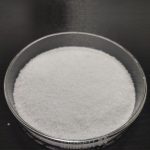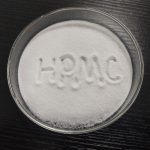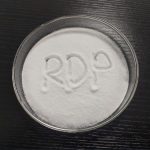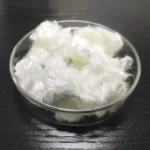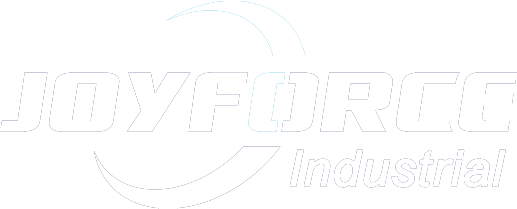
- Inicio
- >>
- Aplicación
Adhesives & Emulsions
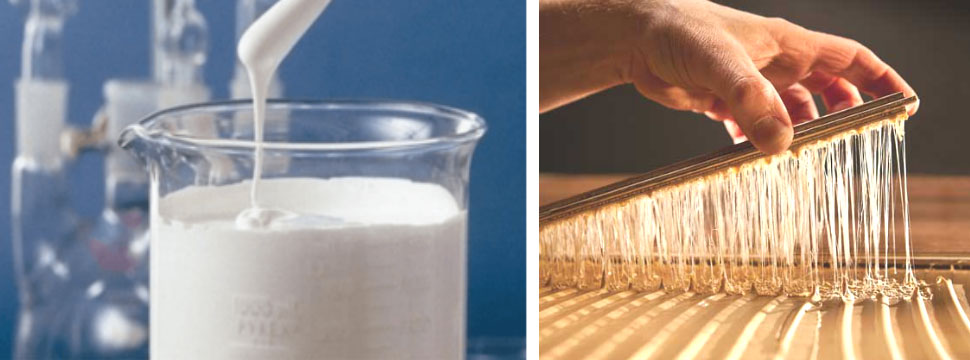
JOYFORCE Polyvinyl Alcohol Fine Powder
As an additive for cement and mortar, PVA can effectively increase the adhesion and fluidity of cement and mortar, slow down the drying time of the cement surface, increase coating adaptability and prevent the cement cloth surface from cracking. It is suitable for wall, ceiling whitewashing and tile bonding thanks to its simple application method with desired effects.
PVA can also be used as an adhesive for forming boards, such as: gypsum prefabricated boards, sound-absorbing boards, etc., whether it is organic fiber (cane bagasse, wood chips) or inorganic materials, it can be equipped with PVA’s high-efficiency adhesion and water resistance characteristics to make it compression and bonding into a sheet. PVA also has good uses in coatings. PVA aqueous solution is catalyzed by hydrochloric acid and formaldehyde is condensed to form a water-resistant PVA formal polymer compound, which is widely used as interior and exterior wall coatings, finishing, caulking, etc. of buildings. PVA coating has good weather resistance, water resistance, does not swell when exposed to water, does not embrittle, is non-toxic, tasteless, and has the advantages of low price. In this field, the traditional varieties can only be used in the manufacture of forming plates. In the coating field, PVA with a higher degree of polymerization.
Applications | Recommended Grades |
Cement, Mortar additives | PVA 0588S, PVA 1788S, PVA 2088S |
As a fluid loss additive in oil well construction. | PVA 1788, PVA 2488, PVA 2488H, PVA 2488HT |
Forming board adhesive | PVA 1799, PVA 2499 |
Binder for monitor pigment coating | PVA 1799, PVA 1799S |
PVA fiber for concrete use | PVA 1799 |
Temporary protective coating for Plywood sheet | PVA 0588, PVA 1788, PVA 2088, PVA 1799 |


